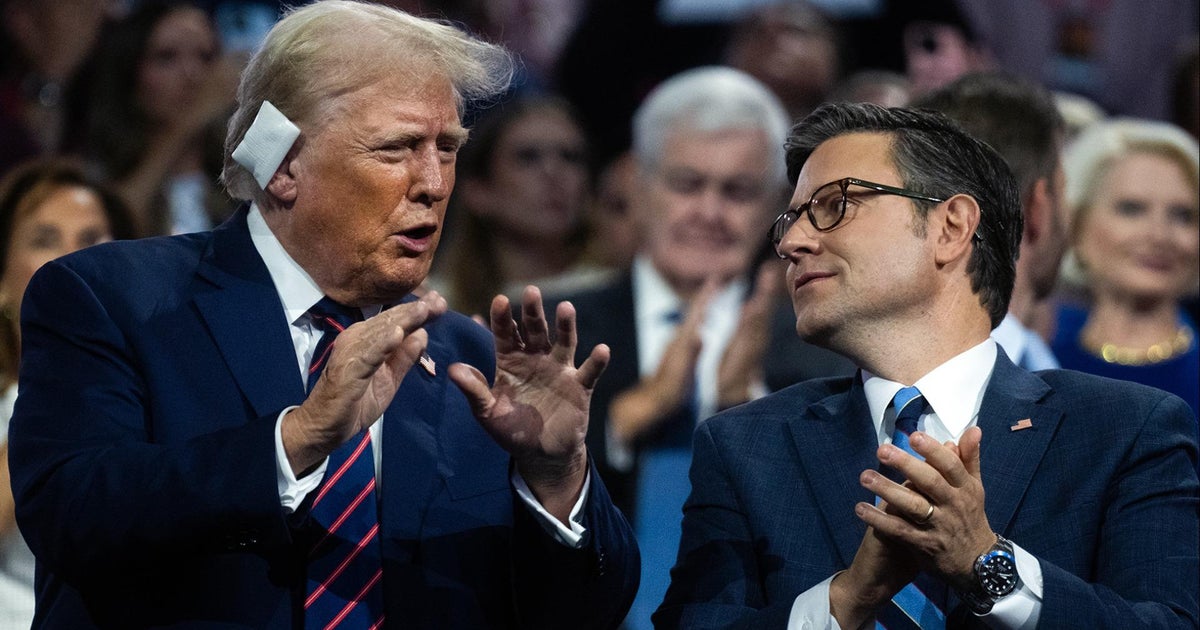Russia sanctions bill stalls in House as Trump prepares for first Putin meeting
A bill pending in Congress that would expand U.S. sanctions against Russia and require congressional approval for any lifting, suspension or termination of current sanctions by the Trump administration is being held up in the House.
The Senate originally passed the legislation, which would also impose sanctions targeting Iran's ballistic missile program, in an overwhelming 98-2 vote in mid-June. The House, however, said that the measure violated the origination clause of the Constitution, known as the "blue slip" rule, that says that bills that raise revenue for the government can only originate in the House.
In response, negotiations reopened on the Senate side to resolve the procedural issue in the original bill and last week, the Senate agreed to a few changes by unanimous consent. But before the House can vote on the changes, House Republicans and House Democrats need to agree to send the original bill back to the Senate to combine it with the changes made last week.
But for now, it's stuck in the lower chamber. And House Republicans say House Democrats won't agree to send it back to the Senate.
At issue are "expedited provisions" that were agreed upon in last week's Senate agreement. Those provisions, some House Democrats believe, would prevent them as the minority in Congress from forcing a vote that reverses possible changes the Trump administration could make to sanctions against Russia.
The provisions would "unilaterally remove the minority's ability to hold the Trump administration accountable for implementing the sanctions properly," according to a House Democratic aide. If it weren't for these provisions, Democrats would be able to bring up resolutions of disapproval if the Trump administration were to roll back U.S. sanctions against Russia, aides said.
AshLee Strong, spokeswoman for Speaker Paul Ryan, R-Wisconsin, said Thursday that House Democrats are blocking the bill from moving forward.
"House Republicans are prepared to send the Iran-Russia sanctions bill papers back, which will allow the Senate to automatically resend us a fixed bill, but House Democrats are blocking that and demanding their own changes to the bill," she said.
House Democrats, however, are not admitting that they're the ones blocking the process from advancing. Senate Democrats agreed to the changes made in the deal last week.
House Democrats say they have nothing to do with the holdup, and instead, some said they suspect that the delay has something to do with the president's first meeting with Russian President Vladimir Putin on Friday at the G-20 summit in Germany.
"Stalling the Russia sanctions bill is just the latest outrage in House Republicans' long-running complicity in the Trump White House's weakness toward Putin," said Ashley Etienne, spokeswoman to House Minority Leader Nancy Pelosi, D-California.
"While Putin and President Trump meet privately, the American people are left to ask why Republicans are more concerned with Russia's interests than the integrity of our democracy," she added. "House Democrats stand ready and have demanding that the Republican Leadership bring the bipartisan Senate passed Russia sanctions bill to the floor for an immediate vote for weeks, to no avail."




